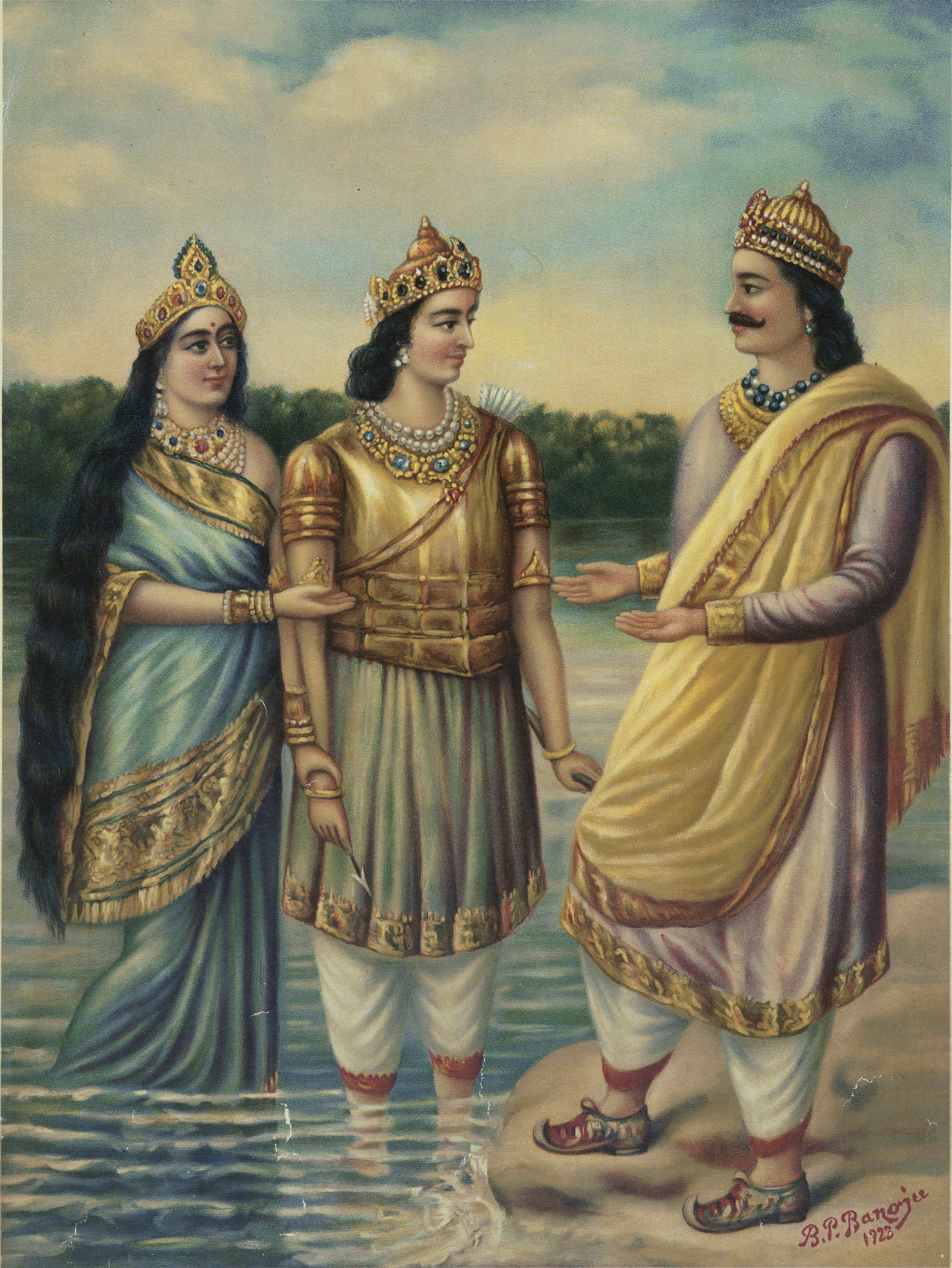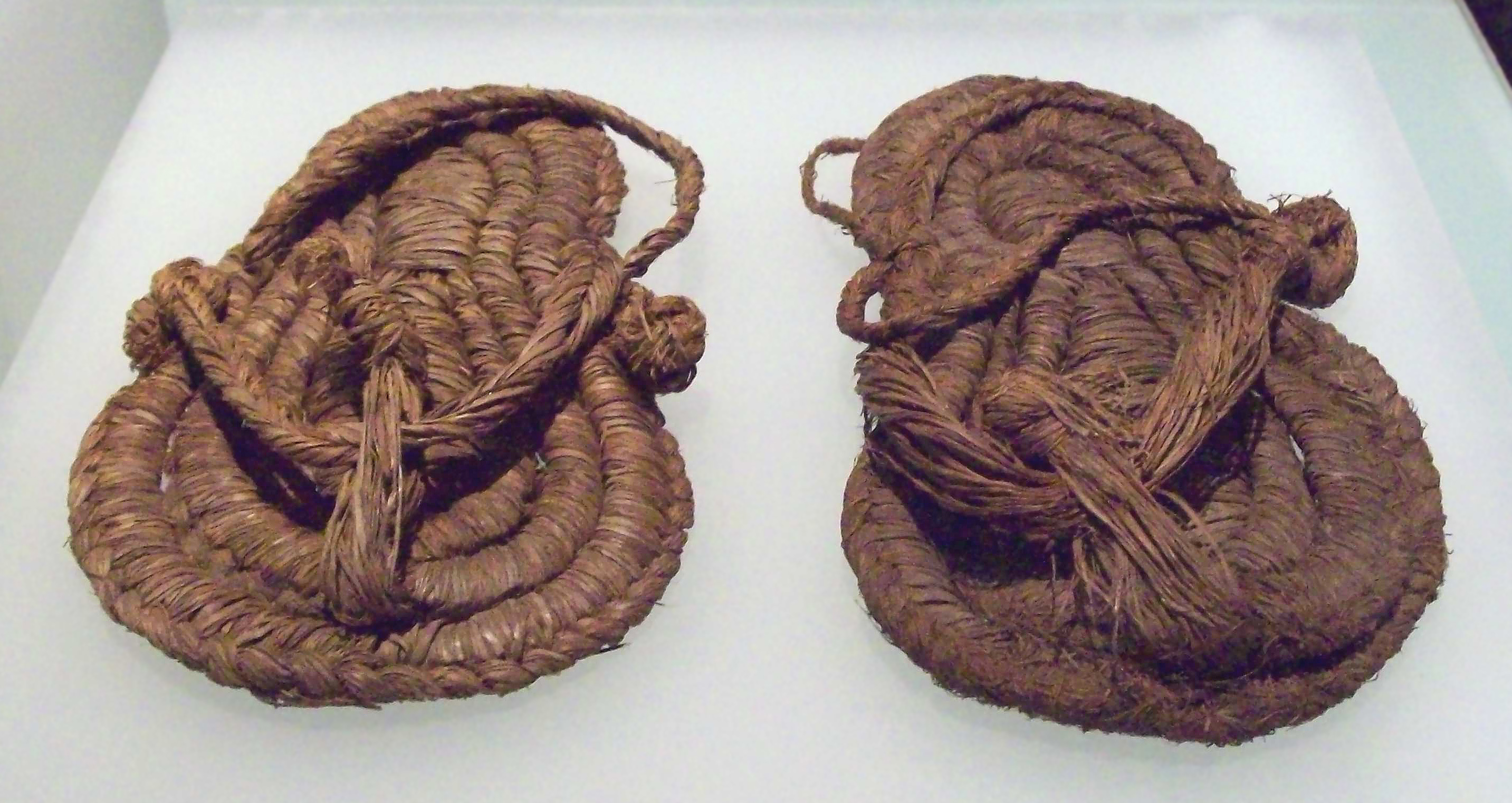Two brothers were walking in the woods when suddenly a creature ran violently through the forest. The younger brother was prepared to ignore it, but the older brother screamed, "There is a child in it clutches, we must save it!" The brothers chased the creature into a cave. When the older brother noticed the other wasn't following him, he asked him why he stopped.
"Brother, I would be no help against a creature of that ferocity. Allow me to stand guard at the mouth of the cave. This way, if the creature is victorious, I could finish off the wounded animal before he went back out into the world." The older brother shook his head in frustration, but didn't bother to waste time arguing.
From the mouth of the cave, the younger brother could hear the loud noises of an intense battle. Shaking in his boots, he awaited the outcome. "What if I cannot even finish off the animal if he comes out?" he wondered. "Perhaps I should protect the world, no matter the cost." And so the younger brother used all the nearby rocks he could to seal off the mouth of the cave, shame burning in his heart.
Years passed. The younger brother had a wife and kids, but he always regretted his decision to kill his brother. A decision he made out of cowardice. One day, a messenger came. It was from a kingdom he had never heard of. The messenger said he was summoned to appear before the king and stand trial for murder. He couldn't understand what this was about, but he appeared before the king, simply to clear his name. While he did feel the guilt of a murderer, there was no way anyone could possibly know about it.
 |
A king on his throne. (Bible card of Jehoiakim)
Source: Wikipedia |
The king was a man a little older than himself with a long beard and a cap pulled low over his eyes. "Do you know why you have been called to stand trial?" the king asked.
"I have no idea your majesty! I am innocent of this crime!"
"Let me tell you a story. There once were two brothers. The younger betrayed the eldest who always acted out of love and bravery. The cowardly young brother left him to die. However, the elder brother found a way to escape the evil plot of the younger brother. He crossed the path of a great, elderly king who took pity on the brother. The king who had no children treated the brother like a son. So that when the king died, the brother inherited the kingdom. He was a good and righteous king, beloved by all. However, he was plagued by the knowledge that his murderous younger brother was free to wreck havoc on the world."
Recognition spread across the younger brother's face. He begged for mercy, but the king had hardened his heart against his younger brother for years. His brother's tears could not move the king, and the brother was executed the following day.
Author's Note: For retelling the story of the monkey brothers, I decided to tell it from the perspective of the younger brother who was truly a coward and must suffer the consequences of his actions. While he did not act out of hatred, he wasn't good for trying to kill his brother either, even if it was to stop the creature.
Sugriva's Story. Rama and the Monkeys by Geraldine Hodgson (1903).













